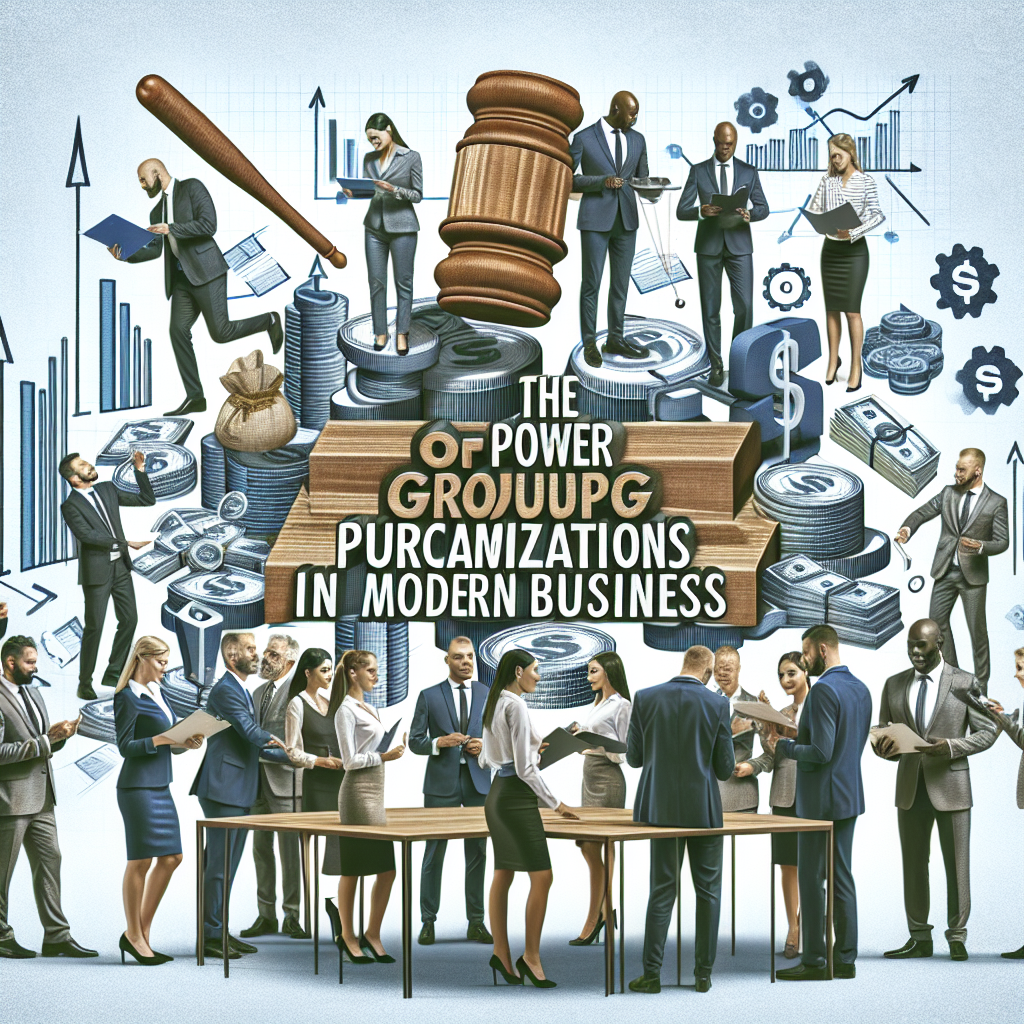Introduction
Procurement engineering plays a crucial role in various industries, ensuring that organizations efficiently acquire the goods and services they need. This field is essential for maintaining supply chain integrity and optimizing costs. As we look toward 2025, procurement engineers can anticipate:
- Competitive salaries driven by growing demand
- Evolving job roles that require advanced skills and expertise
This article provides an in-depth analysis of:
- Salary trends for procurement engineers
- Factors influencing compensation packages
- The future outlook for these professionals in the job market
With a focus on Procurement Engineer Salary: What to Expect in 2025, this exploration will equip you with valuable insights into salary expectations and job market trends. Prepare to discover how this dynamic field is evolving and how it impacts earning potential.
Current Landscape of Procurement Engineering
Procurement engineering is a specialized field that plays a crucial role in the efficient management of supply chains and resources. A procurement engineer is responsible for:
- Identifying and negotiating with suppliers to secure quality materials and services.
- Analyzing market trends to ensure cost-effective purchasing.
- Collaborating with project managers to align procurement strategies with project goals.
In 2025, the job market for procurement engineers is vibrant, driven by increasing industry demand. Several sectors are actively seeking skilled professionals, including:
- Government contracting: With organizations like HubZone Depot rising to prominence, there’s a growing need for procurement specialists who understand the complexities of government regulations and compliance.
- Manufacturing: This sector requires procurement engineers to optimize supply chains and maintain production schedules.
- Healthcare: Hospitals and healthcare providers are looking for experts to manage their extensive purchasing needs efficiently.
The evolution of job roles in procurement engineering reflects broader economic trends. Companies are increasingly recognizing the strategic importance of this function. As a result, procurement engineers are moving beyond traditional roles towards more analytical positions focusing on data-driven decision-making.
With such diverse opportunities across multiple sectors, aspiring procurement engineers can look forward to a promising career path filled with growth potential and competitive salaries.
Salary Trends for Procurement Engineers in 2025
In 2025, procurement engineers can expect significant salary increases. Research indicates potential pay raises between 5% to 10% compared to previous years. This growth reflects the evolving nature of the role and its increasing importance across industries.
Key Insights on Salary Trends:
1. Comparative Analysis
In 2020, the average salary for procurement engineers ranged from $70,000 to $90,000. By 2023, this figure grew to approximately $75,000 to $95,000. Projections for 2025 suggest salaries could reach $80,000 to $100,000.
2. Driving Factors Behind Pay Increases
- Economic conditions play a crucial role. With GDP growth remaining steady and low unemployment rates contributing to wage inflation, demand for skilled professionals continues to rise.
- Industry-specific demands also influence compensation packages. Sectors such as government contracting and advanced manufacturing are known for offering higher salaries due to complex procurement needs.
3. Competitive Landscape
Companies are adapting their compensation strategies to attract top talent. As organizations like HubZone Depot expand operations and require more skilled procurement engineers, competitive salaries become essential in recruitment efforts.
Understanding these salary trends helps procurement engineers position themselves effectively within the job market while keeping an eye on future opportunities for growth and advancement.
How the Economy Affects Salary Expectations
The state of the economy has a significant impact on salaries in different industries, including procurement engineering. Two important economic factors that influence salaries are GDP growth and the unemployment rate.
1. GDP Growth
When the GDP is growing, it usually indicates a strong economy. This leads to more business activities and investments. As companies look for ways to operate more efficiently and save costs, they require skilled procurement engineers. Consequently, this increased demand results in higher salary expectations.
2. Unemployment Rate
Currently, the unemployment rate is low at 3.6%. This creates a competitive job market where employers need to offer attractive salaries to attract top talent. For procurement engineers, this means better pay packages as companies strive to keep skilled professionals in a tight labor market.
These economic factors demonstrate how external conditions directly affect salary growth for procurement engineers. When the economy is doing well, businesses recognize the importance of procurement roles in streamlining supply chains and cutting expenses, leading to higher salary ranges.
As procurement engineering becomes increasingly vital across industries, it is essential for employers and job seekers to understand these economic influences. This knowledge will help them navigate their careers effectively and seize opportunities in 2025 and beyond.
Sector-Specific Salary Insights for Procurement Engineers
Salaries for procurement engineers can differ significantly depending on the sector in which they operate. Understanding these sector-specific salaries is crucial for both job seekers and employers.
Government vs. Private Sector
1. Government Roles
Typically offer higher salaries due to budget allocations and the necessity of specialized skills. Procurement engineers in government settings can expect:
- Average salaries ranging from $80,000 to $100,000 annually.
- Opportunities for additional benefits such as pensions and bonuses.
2. Engineering Firms
Also present lucrative options, often mirroring or exceeding government pay structures. Typical compensation includes:
- Salaries around $85,000 to $110,000, depending on experience and project scale.
3. Private Sector (Retail & Customer Service)
In contrast, these sectors usually provide lower salaries for procurement engineers. Here’s what you might find:
- Average pay between $60,000 and $75,000, reflecting less complexity in procurement processes.
Pay Increase Percentages by Industry
Recent data highlights average pay increase percentages based on industry performance:
- Government Sector: Noted an increase of approximately 5% over the past year due to increased funding.
- Engineering Firms: Experienced a rise of about 4%, driven by ongoing project demands and talent shortages.
- Retail & Customer Service: Modest increases at around 2%, reflecting tighter margins and competitive pressures.
Understanding these dynamics helps procurement engineers navigate their career paths strategically while employers can tailor their offers to attract top talent.
Recruitment Strategies and Talent Acquisition Challenges in 2025
Attracting top talent in procurement engineering requires more than just a solid job description. Companies must prioritize competitive salaries and attractive benefits packages to stand out. Here’s why this is crucial:
- Market Demand: The competition for skilled procurement engineers is fierce. Companies need to offer salaries that reflect the rising trends in the industry.
- Attractive Benefits: Beyond salary, perks like flexible working hours, professional development opportunities, and health benefits play a significant role in drawing candidates.
However, recruitment comes with its own set of challenges in 2025:
- Skill Shortages: Many organizations are grappling with a lack of qualified applicants. This can hinder growth and innovation within companies looking to improve their procurement strategies.
- Intense Competition: Businesses are not just competing with each other but also with firms from various sectors seeking procurement professionals. This heightened competition drives up salary expectations and makes it essential for employers to be proactive.
- Evolving Job Roles: The role of procurement engineers is evolving with technology advancements. Recruiters must find candidates who not only fit current needs but can adapt to future changes.
Addressing these issues head-on will be key for companies aiming to secure the best talent in procurement engineering. Implementing strategic recruitment practices can help organizations navigate these challenges effectively while ensuring they attract the right individuals to meet their goals.
The Role of the Robert Half Salary Guide for Employers and Job Seekers alike
The Robert Half Salary Guide serves as a crucial tool for both employers and job seekers navigating the procurement engineering landscape. It provides comprehensive insights into compensation trends, market demands, and industry benchmarks, which can significantly influence hiring strategies and career decisions.
For Employers:
- Stay Informed: Utilize the guide to understand competitive salary ranges for procurement engineers. This helps in crafting attractive compensation packages that can attract top talent.
- Benchmarking: Compare your offerings against industry standards to ensure you’re not falling behind. Knowing what others are paying will help you make informed adjustments.
- Strategic Hiring: Leverage data from the guide to identify skills in demand and tailor your recruitment strategies accordingly.
For Job Seekers:
- Salary Expectations: Use the insights from the guide to set realistic salary expectations when negotiating job offers.
- Career Planning: Identify sectors or roles with higher earning potential, allowing you to focus your job search on opportunities that align with your financial goals.
- Skill Development: Understand which skills are most valued in the current market so you can enhance your qualifications and stand out among candidates.
The Robert Half Salary Guide is not just a resource; it’s a roadmap for navigating the complexities of procurement engineer salaries in 2025. By tapping into this valuable information, both employers and job seekers can position themselves for success in a competitive marketplace.
Future Outlook for Procurement Engineers beyond 2025
The future for procurement engineers is looking bright, with trends indicating strong job security and various opportunities for career advancement. Here’s what we can expect:
1. Job Security
The demand for skilled procurement engineers is projected to remain high due to ongoing supply chain complexities and the need for cost efficiency. Companies like HubZone Depot are actively expanding their workforce, reflecting a robust job market.
2. Career Advancement
Professionals who choose to specialize in areas such as sustainable procurement or digital supply chain management may see increased opportunities.
As organizations recognize the strategic value of procurement, there will be more pathways into management positions.
3. Skill Development
Continuous learning and adapting to new technologies will be essential. Procurement engineers who enhance their skills in data analytics or contract negotiation will stand out.
4. Industry Growth
With sectors like government contracting and industrial services expanding, procurement engineers may find lucrative positions across various industries.
The future landscape for procurement engineers promises stability, growth, and exciting career paths. Keep an eye on these trends as we navigate the evolving world of procurement engineering.





